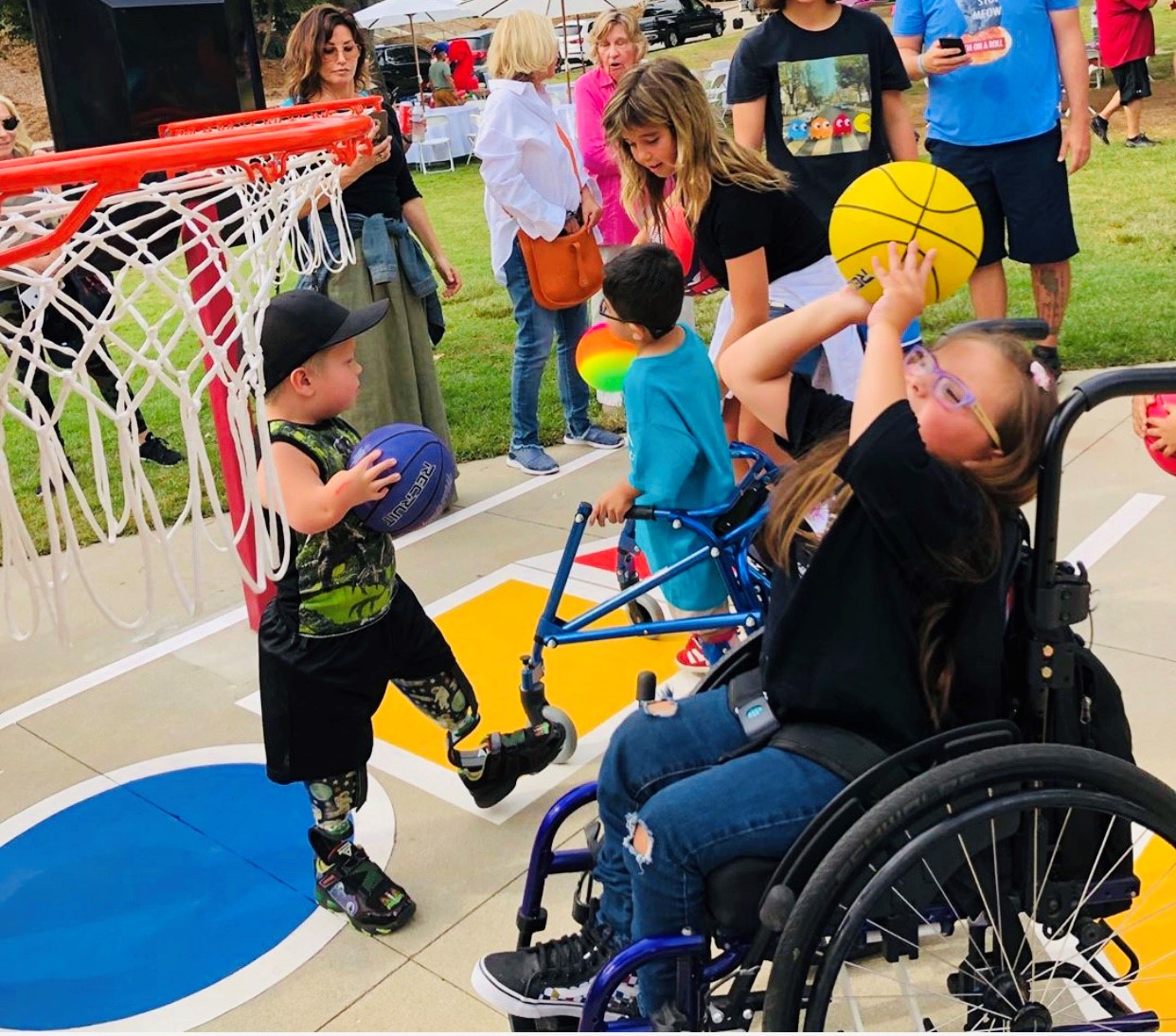
Due Process Filings
As the parent or guardian to a student with special needs, you have the right to advocate for your child’s educational success. Try as we may, sometimes conflicts and disputes will arise between the school and the parents when the parties are unable to reach a consensus at the IEP meeting regarding the correct educational approach for the student. Unfortunately, the quest to obtain the services for your child can turn adversarial quickly when the school and the parents reach an impasse regarding the agreement of a proper educational plan. Also, while the IEP is the key tool to help facilitate and guide your child’s educational needs, schools are not always compliant with its implementation. Whenever a dispute arises, a parent then has the right to initiate a Due Process complaint (a lawsuit) against the school district to appeal the IEP offer of educationally related services and/or placement and pursue that which the parents deem legally appropriate for the student.
What happens when you disagree with the IEP offer of a FAPE, when the current plan is no longer effective, or perhaps if the services are not being implemented properly or at all?
The principal avenue by which to address these disputes is with the filing of a Due Process complaint which triggers the request for a Due Process Hearing. This administrative proceeding in essence is a legal trial conducted by an administrative law judge which allows parents to seek remedies against the District for failing to provide a free and appropriate public education, or for being in breach of the IEP contract (remember the IEP is a legal safeguard for your child and thus a legally binding contract).
The Due Process appeal mechanism provides a platform for the resolution of conflicts between the school district and families when in disagreement regarding the proper education plan for a student. Under the IDEA, you have the right to resolve disputes with your school district through due process.

In a nutshell:
When a school district denies a child a free, appropriate public education (FAPE), the parent has a right to challenge the district in a due process hearing. These challenges are related to the evaluation, classification, program and placement and/or implementation of services. A Due Process complaint is filed before the California Office of Administrative Hearings (OAH) – Special Education Division.
The OAH is an independent state agency that provides resolution services for individuals and government agencies that are in dispute. The OAH provides a neutral forum for fair and independent resolutions. When a parent invokes a due process hearing, an OAH impartial Administrative law Judge (ALJ) is appointed to hear each party’s position and then decide the dispute.
The hearing process is much like a trial, with each side presenting evidence and sworn testimony to the ALJ. At the conclusion of the hearing typically both sides prepare written briefs arguing the facts and the law to the ALJ, who then renders a decision. If either party disagrees with the ALJ’s decision, they can then take an appeal to the Office of State Review. When that occurs, a state level administrative review is conducted, and a decision rendered. Un-appealed decisions are binding on the parties.
There are 3 Avenues to Resolve Disputes:
- Alternative Dispute Resolution - The ADR is an informal, voluntary, and optional process where the District works with Parents to identify and informally resolve the special education issue(s). (Attorneys are not involved in this informal process).
- Formal Mediation - In mediation, you and a representative of the school district meet with a neutral third party (a mediator/judge) who tries to help you amicably reach an agreement.
- Due Process Hearing Request - Here, you and the school district present written evidence about the disputed issue(s) and have witnesses testify before a hearing officer. Each side may be represented by legal counsel.
If you have reached an impasse with your school district or believe your IEP is not being properly implemented and thus your child’s rights are being violated, do not hesitate to contact us for one minute. Every day your child does not access that to which he/she is entitled is one more day of possible regression. DO NOT WAIT. We will offer you a clear road map for next steps. Please know that attorney fees are reimbursable at this juncture of the process and you do not need to worry about burdensome legal costs as we can defer billing and pursue attorney fees directly from the District.
Trusted Media Advisor
Different. Not Less.
Please reach out to our office so that Georgianna can assist you in the pursuit of securing a meaningful education for your child. We offer a 30-minute complimentary consultation for the analysis of your case.











